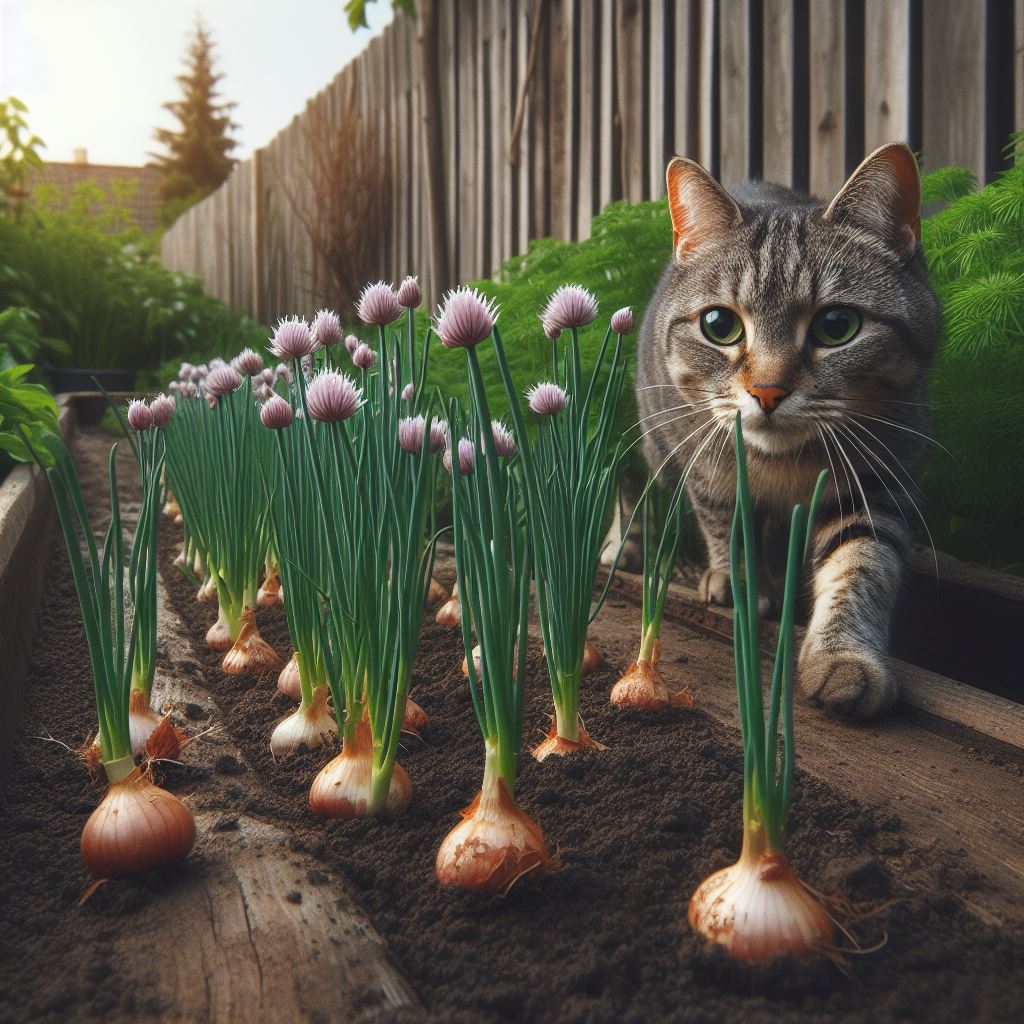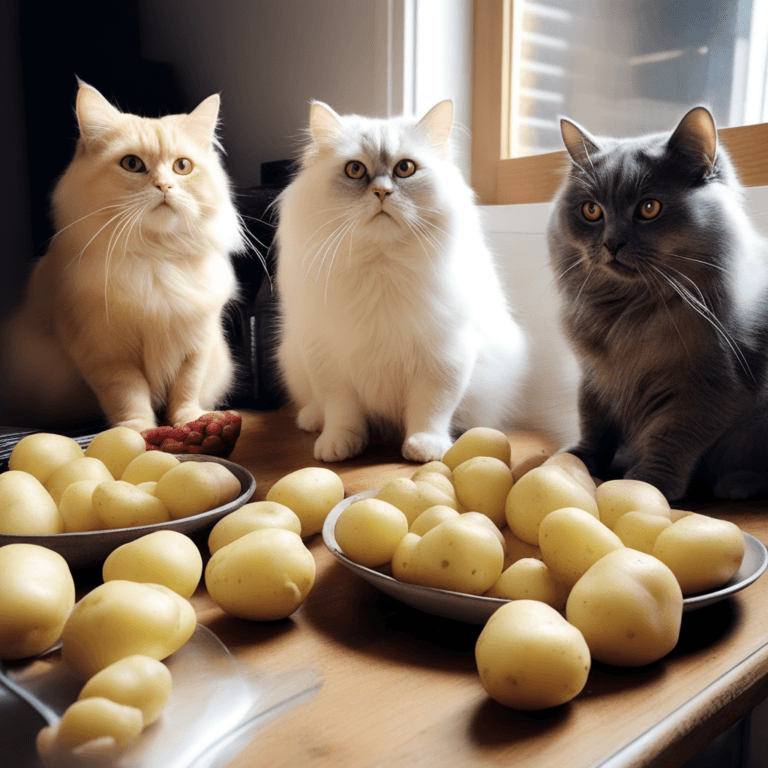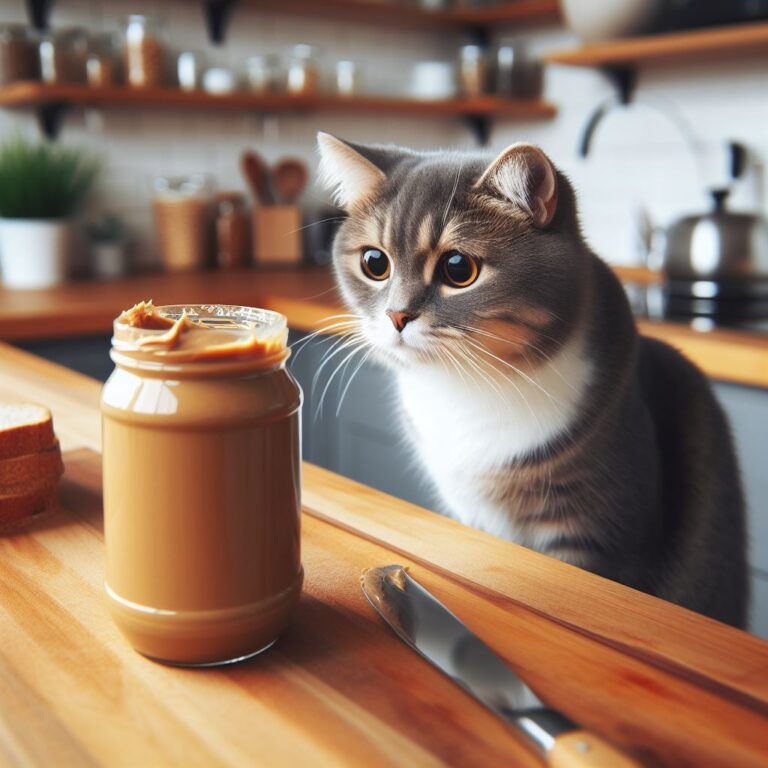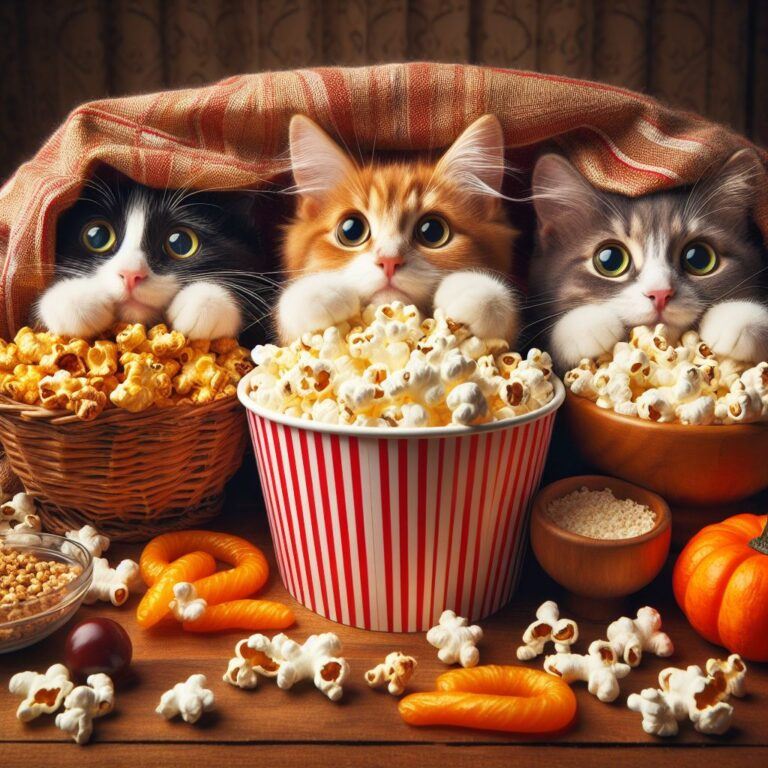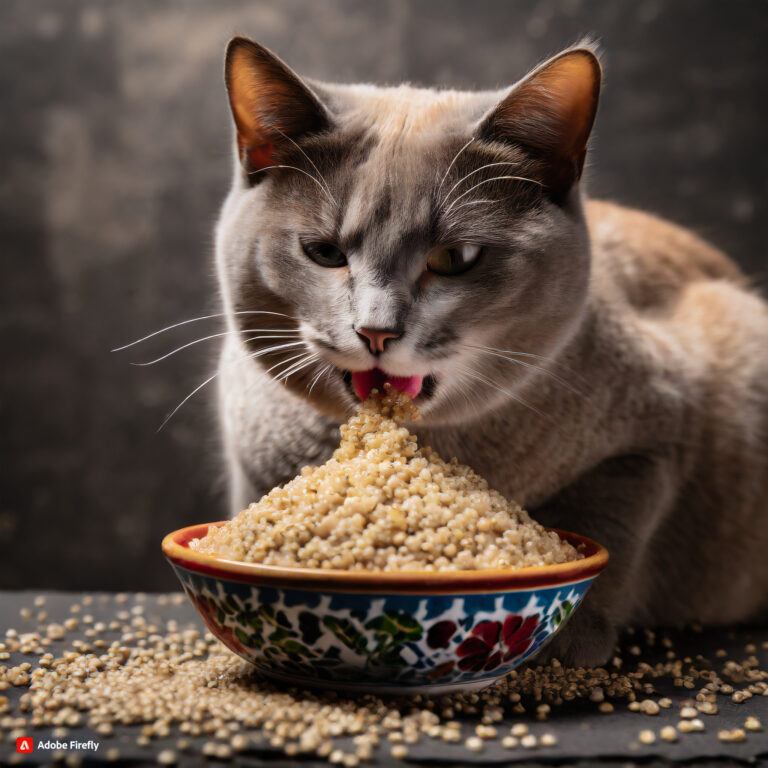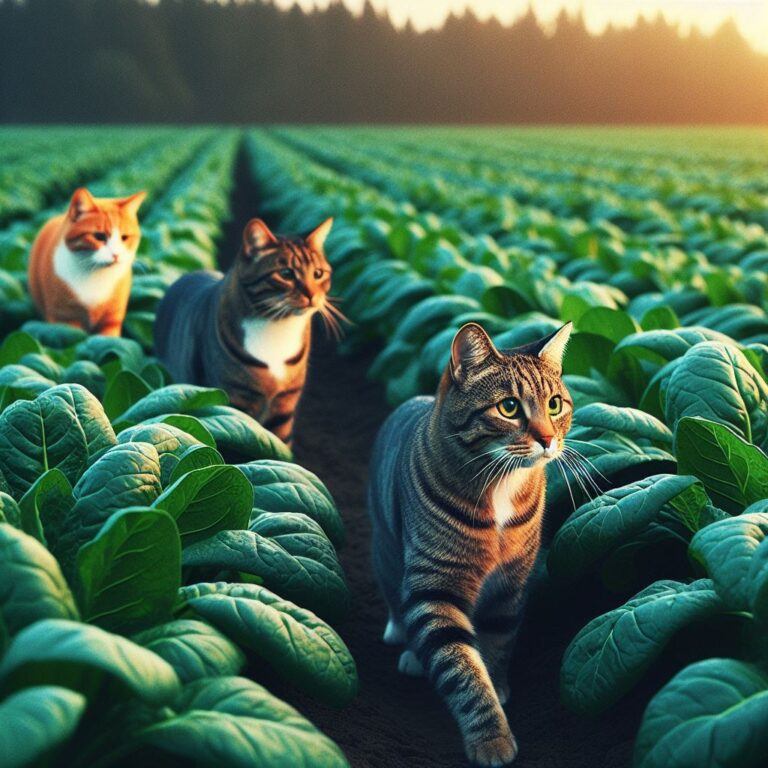Can Cats Safely Eat Chives
If you’re a cat owner, it’s critical to know that cats should NOT eat chives. Chives belong to the allium family, which includes onions, garlic, and leeks, all of which are harmful to cats. The substances in chives can cause gastrointestinal upset, hemolytic anemia, or worse when ingested by cats.
What exactly makes chives toxic to cats? These unassuming herbs contain compounds called thiosulphates and disulphides. While harmless to humans, they’re dangerous for cats, leading to a break down of red blood cells. In turn, this causes oxidative damage and can severely impact a cat’s health.
In case your cat consumes chives, prompt action is required. Your first step should be to remove any remnants of the plant from your cat’s mouth and ensure they don’t consume any more.
Following that, immediate veterinary consultation is essential to mitigate potential risks and begin appropriate treatment.
Understanding the Risks: How Chives Affect Cat Health
As a cat owner, it’s crucial to know that chives belong to a group of plants including onions and garlic, all of which are harmful to cats. I’ll explain why these seemingly harmless kitchen staples can pose such a threat.
The symptoms your cat might display after eating chives can range from mild to severe. These might include vomiting, diarrhea, lethargy, or even more alarming signs like abdominal pain and a significant drop in blood cell count.
Chive toxicity not only causes immediate health issues but also can lead to long-term complications. If a cat repeatedly ingests chives, the damage to its red blood cells can cause anemia or other serious conditions that could put your cat’s life at risk.
Veterinarians advise that all plants in the allium family, which includes chives, contain compounds that can lead to oxidative damage in cats. This is significant because cats’ bodies lack certain enzymes needed to digest these compounds.
Protecting your cat means more than just keeping chives off your kitchen counter. Ensure all your household members understand the risks and consider plant placement and other measures to keep these out of your cat’s reach.
Safe Alternatives to Chives for Your Furry Friend
I understand your urge to share your culinary delights with your cat, but when it comes to chives, it’s a firm NO. Fortunately, there are other, safer ways to enhance your cat’s diet.
Cats can enjoy a variety of non-toxic herbs like catnip, which can provide enjoyment and health benefits. Introducing these into your cat’s diet should be done cautiously, and always with a vet’s nod.
Here’s some practical advice: start with small amounts of any new food, observe your cat’s reaction, and consult with your veterinarian if you’re uncertain about anything. That way, you ensure that the kitchen remains a source of safe and enjoyable experiences for both of you.
And finally, remember that an ounce of prevention is worth a pound of cure. Make your garden a safe haven by excluding plants that pose risks to your cat.
That way, you’ll have peace of mind knowing that your feline friend can explore without harm. A little bit of planning can go a long way in keeping your pet healthy and happy!

